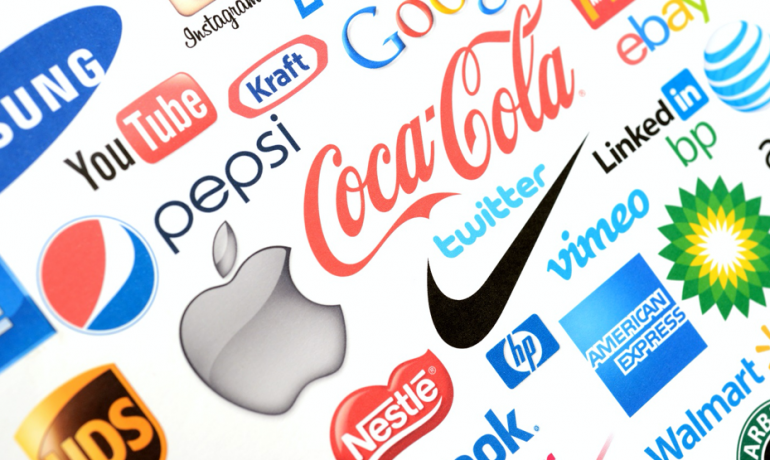Overall, brand trust has taken a hit during the coronavirus pandemic. Consumers are warier of personal safety and expect companies to prioritize pandemic-related concerns over profits. Organizations are cash strapped and need to think about both the short and long-term implications of COVID-19. Consumer behaviors have changed due to the pandemic and brands are rushing to adapt.
According to KPMG, consumer trust in brands has declined across the retail sector. Their study found that while retail, especially grocery stores, enjoyed a high degree of trust at the start of the pandemic, concerns over personal safety have since eroded that confidence, resulting in few shopping excursions. Clear communication from brands regarding their safety measures has become necessary to restore that trust.
Communicating about safety procedures isn’t the only thing brands have to consider. Edelman conducted a study that found that consumers see brands as essential in helping to address problems created by COVID-19. Instead of focusing on selling their products, consumers want brands to be conduits of important information in a highly politicized time rampant with misleading or false information. More than 8 in 10 respondents answered that they wanted brands to center their messaging around helping people during the pandemic and acknowledge the current situation rather than continuing on as though everything was normal. Globally, 90% of consumers “want brands to do everything they can to protect the well-being and financial security of their employees and suppliers, even if it means substantial financial losses until the pandemic ends.” Without showing that they are aware of, and are doing something about COVID, consumers will lose faith in a brand and leave them.
Companies have to balance these new consumer expectations with the stark reality of a sector-wide “cash crunch.” When the pandemic began and retailers had to close their shops and go completely online, many suffered from a lack of cash. Delivery services prioritized essential goods and non-essential online shopping fell by the wayside. Company supply chains were disrupted (hyperlink prior article) and selling current inventory became more difficult. Conserving current cash and planning for resiliency in the long-term could help give brands time to acclimate to new consumer demands and trends.
Ultimately, some sectors and companies will adapt quickly and become more nimble. Changing behaviors strain current cash reserves and place new expectations on brands that they will have to meet in order to remain competitive. Both what the brand does behind the scenes to stay viable and what the world sees it doing are important. 65% of respondents to Edelman’s survey said that the way “a brand acts during the pandemic will have a significant impact on their likelihood to buy that brand in the future.” Clearly, the pandemic and its social iplications are not to be underestimated.
About AKCEL Partners
The AKCEL Partners sales consultant firm was founded by three executives with strong bonds throughout many branded and retail categories. AKCEL Partners offers a unique business proposition from other sales consultant firms. The AKCEL sales consultant firm tailors its account team and market plans specifically to each client’s needs. Unlike other sales consultant firms, AKCEL Partners acquires sales consultant talent to fit each job, securing experienced professionals who can get immediate access to decision makers at the highest levels. To learn more, go to www.AKCELPartners.com.


